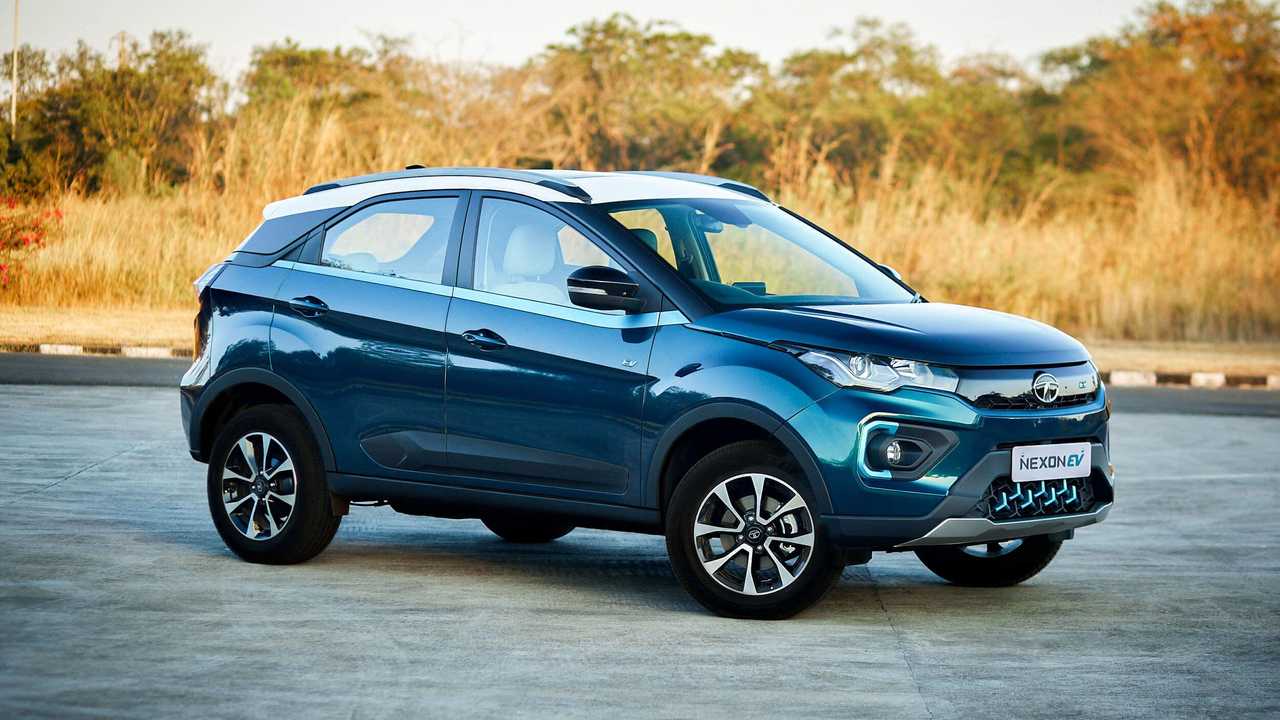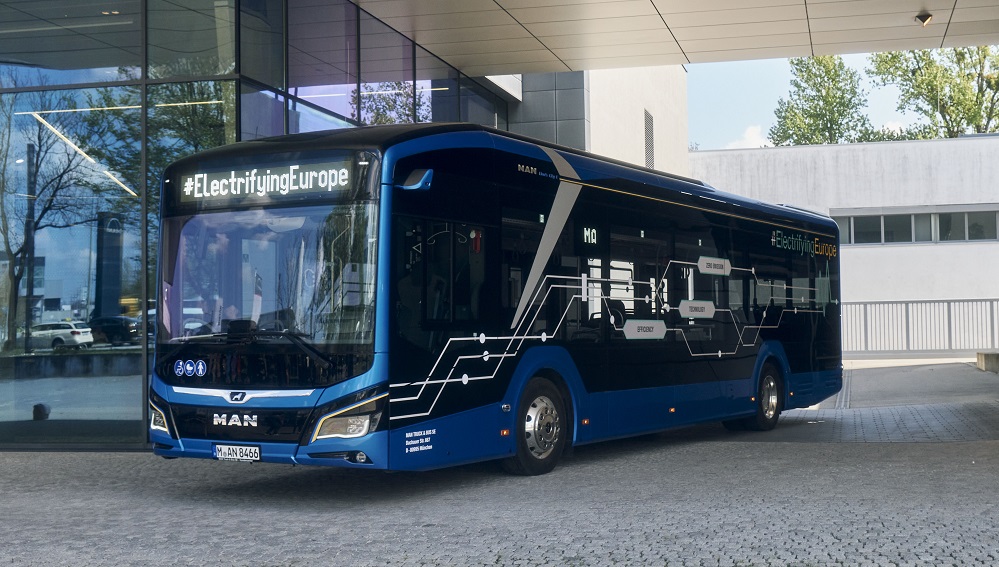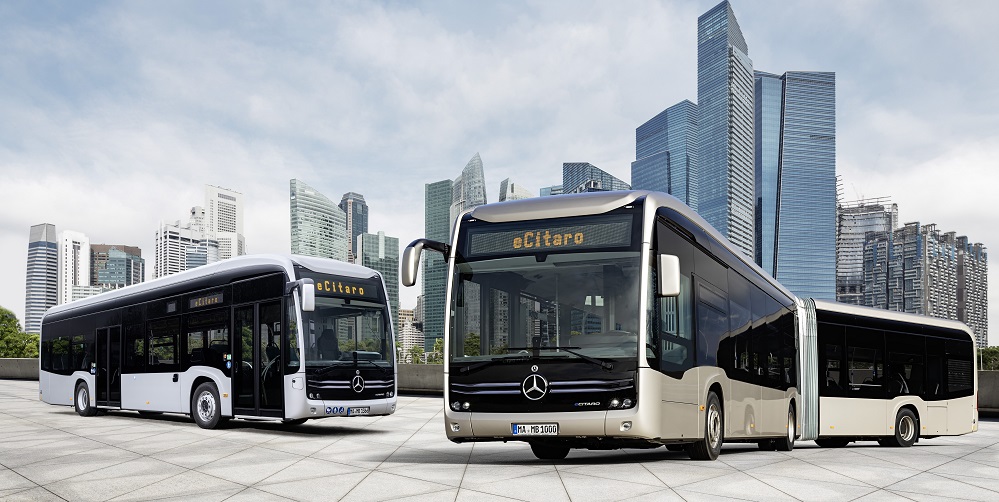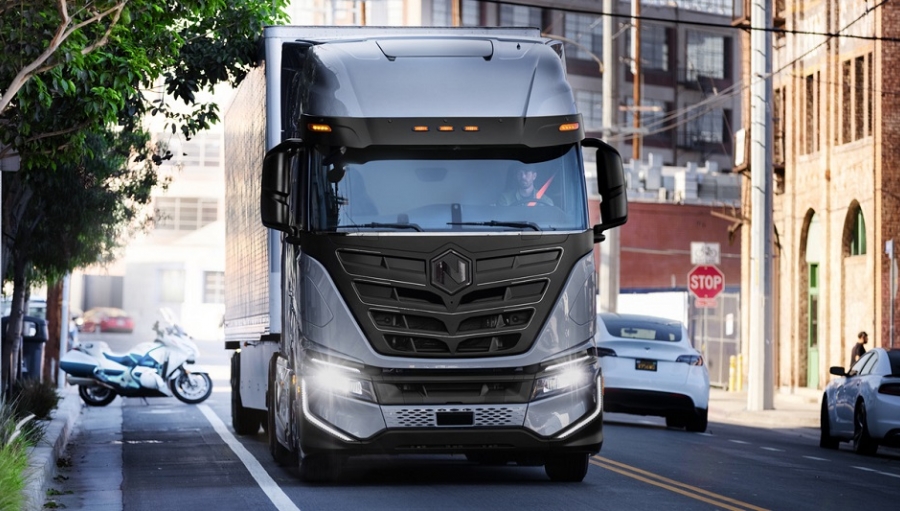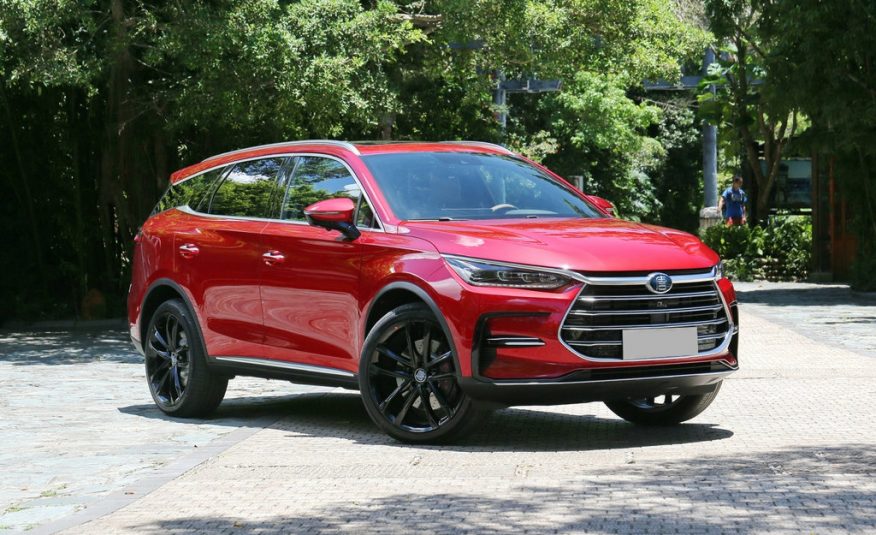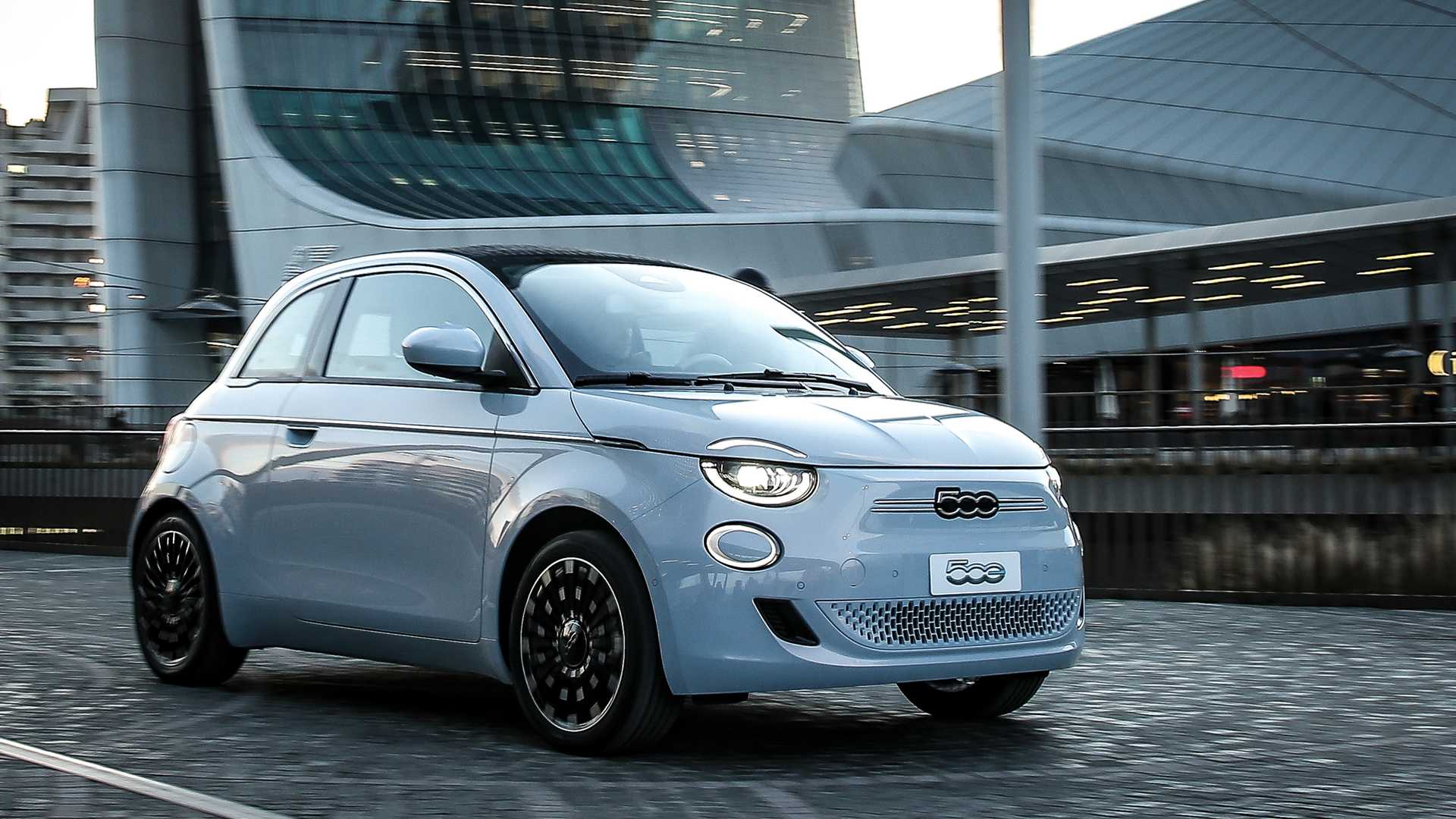Tata Motors, an Indian automotive company, now dominates the electric car market in its own country. Who would have thought that the company’s success without pouring a large investment alias success with a frugal way.
Tata Motors started production of its electric car in just an unused room in one of its flagship factories. There is no luxury technology used to make electric cars, everything is done using the hands of workers.
His first electric car was the Nexon SUV which was actually a petrol vehicle. Then the car body is attached to an electric battery using only the hands of the workers.
Initially, the factory only produced 8 SUVs a day. But during the 2 years since the launch of the Nexon EV the demand has soared. Tata now makes more than 100 units a day, which is also produced at other factories.
Even with such a humble start, Tata dominates the country’s fledgling electric car market.
Tata’s achievements are in stark contrast to other major automakers who have poured billions of dollars into EV equipment and technology since the start of building factories. Although Tata’s success is also largely due to government subsidies and high tariffs that prevent imports from competitors such as Tesla Inc.
Tata knew they had to make cars affordable for the predominantly middle-class population. Instead of building a factory or EV line which would be expensive and time-consuming, the company decided to opt for existing car units and equip them with batteries.
“An EV factory for the nascent market would be a huge investment with potential for emerging volumes. We don’t want to do that,” said Anand Kulkarni, Vice President of Product Line and Operations for Tata Passenger Electric Mobility.
Tata is also limiting up-front investment by relying on Tata group companies for various EV components and infrastructure, and by opting for less expensive types of battery chemicals.
This allows the company to be able to sell the Nexon EV for around $19,000. That’s not necessarily cheap in India but affordable for the upper middle class and not much more expensive than the top version of the Nexon petrol model.
With only the Nexon EV and one other model for fleet sales, Tata controls 90% of electric car sales in India. In June, Tata outlined an aggressive plan to launch 10 electric vehicle models by March 2026. This year alone, the company plans to double its EV production to 80,000 cars.

